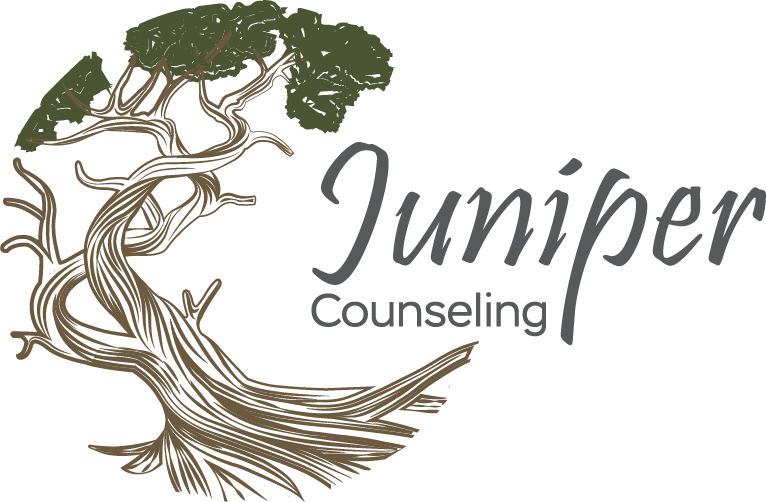
According to the CDC, at least 60% of American adults have experienced some form of trauma as a child. Some types of trauma might be considered less “severe” than others, and everyone processes things differently.
However, that’s a staggering statistic that could be impacting people in your life right now. It might even be impacting you.
It’s not uncommon for people who have been through childhood trauma to repress their memories for years. It’s a defense mechanism and a way to protect yourself from whatever you experienced.
However, the effects of trauma don’t just disappear. You might have difficult relationships because of it or other mental health issues like anxiety or depression.
So, what can you do to actually heal from childhood trauma rather than trying to shove your emotions down?
Acknowledge the Trauma
The first step in truly healing from childhood trauma is acknowledging and recognizing it for what it is. Whether you’ve spent years pushing it down or not, it’s never easy to bring the pain of the past to the forefront of your mind.
But it’s necessary.
By addressing your trauma and accepting that it really happened, you no longer have to put so much effort into “hiding” from it. This step shows that you’re ready to fight back and take control, no matter how difficult.
Be Kind to Yourself
It’s not uncommon for trauma survivors to deal with shame and guilt. Being able to work through those emotions and show compassion to yourself is essential. If someone you love admitted to you that they went through a traumatic experience as a child, how would you treat them? You’d offer your support and care and show compassion and kindness.
You deserve nothing less from yourself.
You can be self-compassionate by prioritizing self-care. Take care of both your mind and body as much as possible. Most importantly, be patient with yourself. If you’re not “getting over” the effects of trauma as quickly as you want, don’t assume you’re failing or that you’ll never move past it.
Instead, give yourself time. Let go of the pressure of healing and let it come naturally.
Don’t Isolate Yourself
That same guilt and shame that causes you to struggle with self-compassion could also be keeping you from the support system you need.
Isolation is one of the worst things you can do as a trauma survivor, no matter how long ago it happened. Lean on the people in your life who care about you. Open up to those you trust. Most importantly, let them be there for you in whatever ways you might need. Being alone with your thoughts can trigger symptoms like flashbacks and anxiety. Knowing you have support and comfort from others will strengthen you and help you feel more in control.
Learn How to Let Go
If you’ve been dealing with the effects of your childhood trauma for years, you might have already tried different coping mechanisms that haven’t worked. Unfortunately, many trauma survivors lean on unhealthy coping strategies to get by.
That’s a dangerous decision. It can lead to unhealthy habits and, eventually, make things worse.
No trauma survivor should have to deal with healing on their own. Learning how to let go requires acceptance, work, and a willingness to get help. While leaning on your support system is important, seeking professional help is just as essential.
If you’ve experienced childhood trauma and you’re ready to start healing, take the first step. Feel free to reach out for more information or to schedule an appointment for trauma therapy. Your trauma doesn’t have to continue to control you. You can find the freedom and peace you deserve.
Overcoming Imposter Syndrome: Strategies for Embracing Your Achievements
Have you ever found yourself dismissing your accomplishments as luck or fearing that you'll be exposed as a fraud? If so, you're not alone. Imposter syndrome affects countless individuals, causing persistent feelings of inadequacy [read more]
Recover from Narcissistic Abuse and Reclaim Your Self
Navigating life after narcissistic abuse can feel like traversing a treacherous terrain, but it doesn't have to be a journey you take alone. In this blog post, we'll explore the empowering process of recovering [read more]
Your Top Questions About Online Therapy Answered
Online Therapy: Your Top Questions Answered The world of mental health care has undergone a significant transformation with the advent of online therapy. With the convenience of technology, therapy sessions can now take place [read more]








